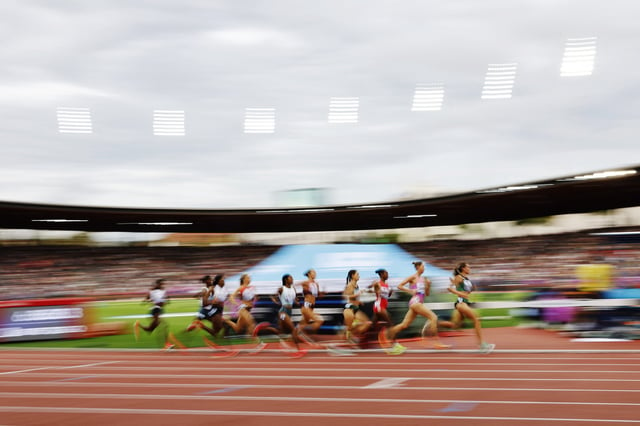Overview
- Sebastian Coe said about 95% of entrants have completed the one-time screening and that the goal was testing before the championships, not necessarily final validation.
- The cheek-swab or dry blood-spot test looks for the SRY gene; any positive finding triggers case-by-case medical review to determine eligibility.
- Rollout hurdles included faulty or unavailable testing in Canada and Norway and a French legal ban that pushed athletes to test abroad, with a small number completing or validating tests in Tokyo.
- The requirement replaces prior testosterone-based DSD rules, with World Athletics framing the shift as a measure to protect the integrity of the women’s category under strict confidentiality.
- Criticism has resurfaced from past gene-testing controversies, with SRY discoverer Andrew Sinclair warning about reliability limits, while the rules include an exception for Complete Androgen Insensitivity Syndrome.
